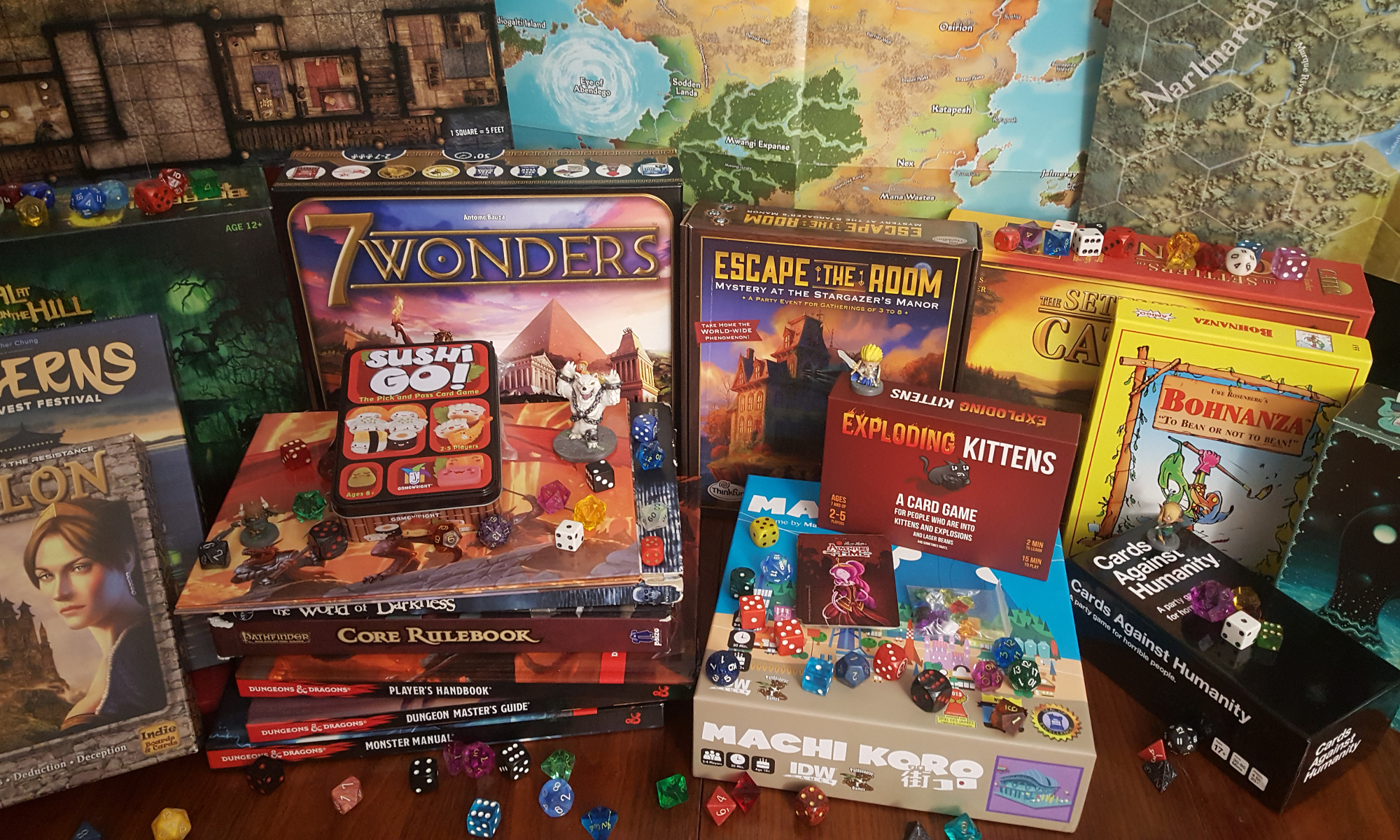In our third episode, we share our thoughts on crowdsourcing – where it goes right, where it goes wrong and what it means for gaming.
One of the most disappointing things about gaming-related Kickstarter campaigns that fail to deliver is the damage they do to future campaigns. Every time a successfully funded Kickstarter can’t fulfill its promises, it casts doubt on future crowd-sourced projects. While Kickstarter proclaims quite openly they are not a marketplace, there is still an expectation that what is promised will be delivered, and sometimes that just doesn’t happen .
What stands in the way of funded Kickstarter campaigns being produced as promised? Apart from the less common malicious failures, there’s the fact that getting a project funded through Kickstarter is primarily an artistic exercise in marketing. You need some quality art, a good pitch and robust upselling in the form of rewards and stretch goals to expect to get a project funded through Kickstarter. While all of that is enticing, it doesn’t given any real indication of the ability of the creators to manage their workloads and finances. Kickstarter first combated this by requiring projects to list the challenges the project might potentially face. Increasingly, Kickstarters are taking steps to show that their project isn’t going to fail due to inexperience, either by referencing their business credentials or referencing previous successful projects.
In a step that I feel runs counter to the spirit of Kickstarter, established companies have started to use Kickstarter as a way of gauging interest in the project. Since these companies are already solvent and capable of taking on the new project, the success of the Kickstarter campaign largely determines the magnitude of resources they put into the project. This can be good for backers, who are guaranteed that the project will deliver quality material, but bad for the Kickstarter ecosystem, reducing the accessibility to independent developers and, perhaps, overshadowing smaller productions. So, please, consider not only Kickstarters backed by major companies such as Onyx Path or CMON, but those by independent producers and up and comers.
The crowdfunding phenomenon has been the most liberating event in gaming since the d20 OGL. It has brought us games like Secret Hitler, Dungeon World, Scythe and many other projects that might have otherwise never gotten off the ground. It is my belief – and hope – that Kickstarter will continue to make amazing things possible, and that both the creators and backers become more savvy with regards to presentation and delivery.

